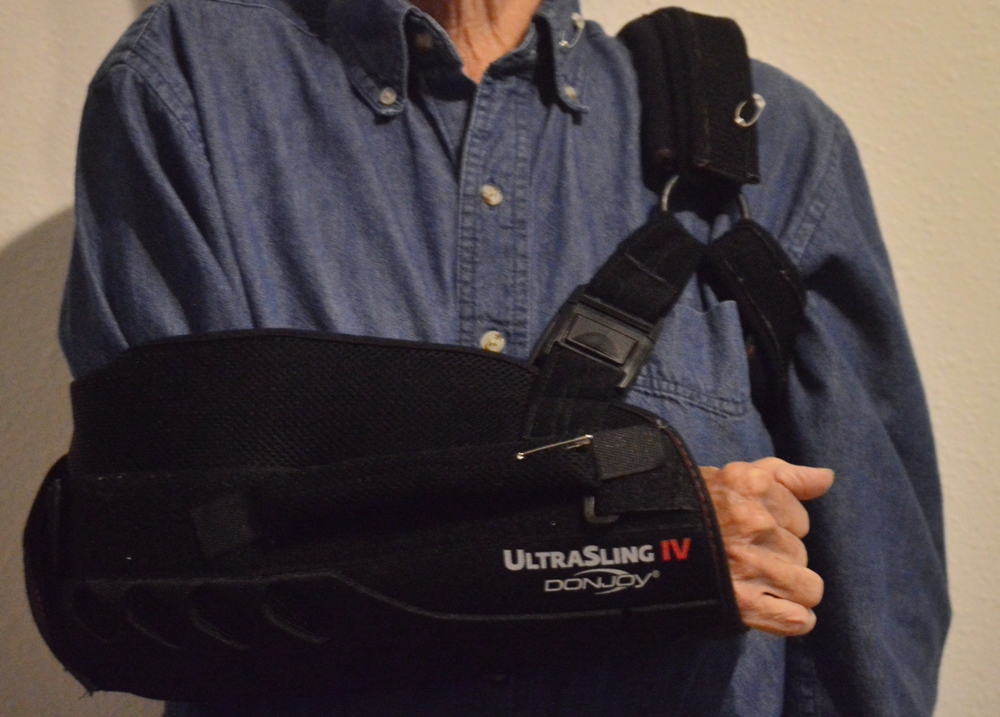The safety pin movement appears to have started in the UK after the Brexit vote when their hate crime incidence increased primarily against non-whites to show that the wearer was an ally/friend/support person for someone from a marginalized group. The idea was that the safety pin wearer would actually take action if they witnessed someone being harassed, simply by standing with them, escorting them to a safer place, doing whatever was necessary. In the United States, for some this is an anti-Trump symbol, that isn’t the point.
This passive symbol of a person acting as a “safe haven” for someone being harassed for race, ethnicity, religion, gender identity, or whatever other groups hate inciters can think of, is just that: a passive symbol. Action is certainly more important. Nevertheless, this symbol can act as a signal that the person wearing it is NOT xenophobic, misogynist, racist, etc., and that is an important role to play in our society at any time, but especially in these times. Thus, although I present the safety pin movement naysayers too, I suggest considering participating from this perspective.
Here is an excerpt from the snopes.com report of 11/14/16 on the safety pin movement. “So while safety pins emerged first in the UK after Brexit and again in the U.S. after Donald Trump’s election as “solidarity symbols,” the value of the signal is both subjective and questionable. Like the “Black Dot campaign” before it, the symbol’s actual usefulness to those it aims to shield is negligible, and critics have suggested that the measure exists solely as a means for non-marginalized persons to assert they are ‘helping’ individuals at some sort of risk. That interpretation illustrated further how the notion of solidarity, in essence, subtly painted a number of Americans as inherently dangerous, or America as a place full of ambient hate.” [Source: www.snopes.com/2016/11/14/safety-pin-solidarity/]
There has been a reaction in the U.S. specifically from some African Americans that it is a white “feel-good” idea, and even trendy with silver or gold pins available.
Demetria Lucas D’Oyley posted the following on The Root on 11/14/16. The headline is “Come On, White People: We Need More Than Safety Pins to Make Us Feel Safe.” She’s right, of course.
She goes on to say: “These pins—not the wearing of them or the pictures posted of folks wearing them—are not about safe spaces. They’re about not wanting to be perceived as a racist. Like, ‘I might be white, but I’m not like them, over there. I’m enlightened.’ No, you’re not. You’re trendy. These safety pins are the 2016 version of a 2004 ‘Live Strong’ wristband. No. Wait. The money spent for those bracelets actually benefited cancer research. Who is benefiting from your safety pin purchase? Wal-Mart? CVS? Rite-Aid? Look. I’m all for safe spaces. Don’t get me wrong. But how does your little pin really help someone like Ernest Walker? How does your trite pin help a young Muslim woman who’s forced to remove her hijab or else be set on fire? How does your trendy pin soothe a kid who shows up to school and his teacher tells him his parents will be deported because Trump is president now?”
Personally, I am still in favor of wearing the safety pin. It’s not a bad idea to say, “I’m not a racist, sexist, hater of all the other groups currently singled out.” BUT, it can’t stop there. What specific actions are each one of us taking, that are real actions, not a passive symbol? I’ve developed my own list and am putting it on my blog as I have already with some of my actions. The point is to give others ideas, as I welcome others’ suggestions. Actions do speak louder than safety pins.

The important aspect of all this is that we have to DO something, not just WEAR something, but wearing it shows where your heart is, and that’s important too.